October 9, 2024
Accessible and inclusive design should be a priority for the property market
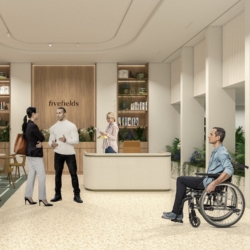 Grosvenor and The Crown Estate have launched a new report that aims to shed light on the challenges faced by people with physical and hidden disabilities when accessing and working within buildings and public spaces across the UK. The joint report, Inclusive Spaces and Places: A collaborative approach to inclusive design, highlights the urgent need for inclusive design in the built environment, emphasising the barriers that prevent millions from fully engaging with public and commercial spaces as well as the potential societal and economic losses this results in. (more…)
Grosvenor and The Crown Estate have launched a new report that aims to shed light on the challenges faced by people with physical and hidden disabilities when accessing and working within buildings and public spaces across the UK. The joint report, Inclusive Spaces and Places: A collaborative approach to inclusive design, highlights the urgent need for inclusive design in the built environment, emphasising the barriers that prevent millions from fully engaging with public and commercial spaces as well as the potential societal and economic losses this results in. (more…)








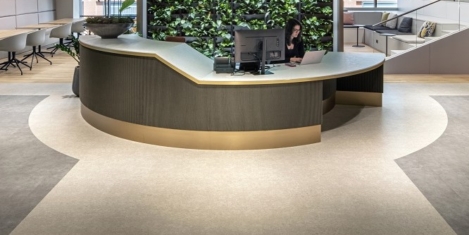
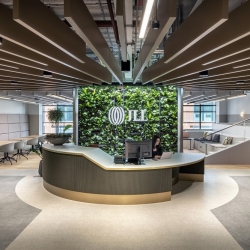



 A new strategy from the UK government promises more inclusive workplaces, easier commuting and better job prospects for millions of disabled people. The strategy sets out 100 immediate commitments supported by £1.6bn of funding alongside an ambitious agenda for future reform. As well as inclusive workplaces, the strategy covers a range of other areas including accessible housing and better access to justice, culture and the arts.
A new strategy from the UK government promises more inclusive workplaces, easier commuting and better job prospects for millions of disabled people. The strategy sets out 100 immediate commitments supported by £1.6bn of funding alongside an ambitious agenda for future reform. As well as inclusive workplaces, the strategy covers a range of other areas including accessible housing and better access to justice, culture and the arts. 
 According to new data from
According to new data from 


 UK workers are still uncomfortable about having honest conversations at work, with nearly two thirds (61 percent) feel they keep an aspect of their lives hidden in the workplace. The research from Inclusive Employers found family difficulties (46 percent) was the most likely hidden issue at work, followed by mental health (31 percent). One in five also admitted they would hide their sexual orientation while at work. It also found a generational divide, with 67 percent of employees aged between 18 -24 years old keeping something secret compared to 55 percent of those over aged 55 years or over. The data, released to mark National Inclusion Week 2017, found this lack of openness can have negative impacts on workers and employers, with over a quarter of workers (26 percent) admitting they would feel less connected to their workplace if they hid an aspect of themselves and 18 percent saying their performance would suffer.
UK workers are still uncomfortable about having honest conversations at work, with nearly two thirds (61 percent) feel they keep an aspect of their lives hidden in the workplace. The research from Inclusive Employers found family difficulties (46 percent) was the most likely hidden issue at work, followed by mental health (31 percent). One in five also admitted they would hide their sexual orientation while at work. It also found a generational divide, with 67 percent of employees aged between 18 -24 years old keeping something secret compared to 55 percent of those over aged 55 years or over. The data, released to mark National Inclusion Week 2017, found this lack of openness can have negative impacts on workers and employers, with over a quarter of workers (26 percent) admitting they would feel less connected to their workplace if they hid an aspect of themselves and 18 percent saying their performance would suffer.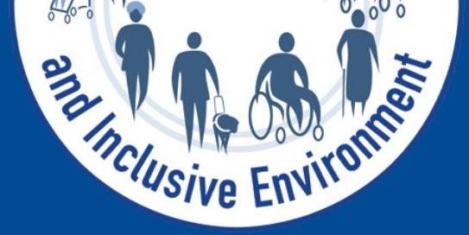
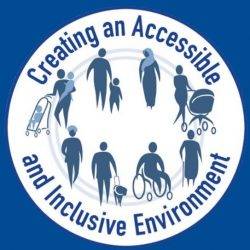











March 25, 2024
How to create a truly inclusive office design
by Alesya Karnaukhova • Comment, Workplace design